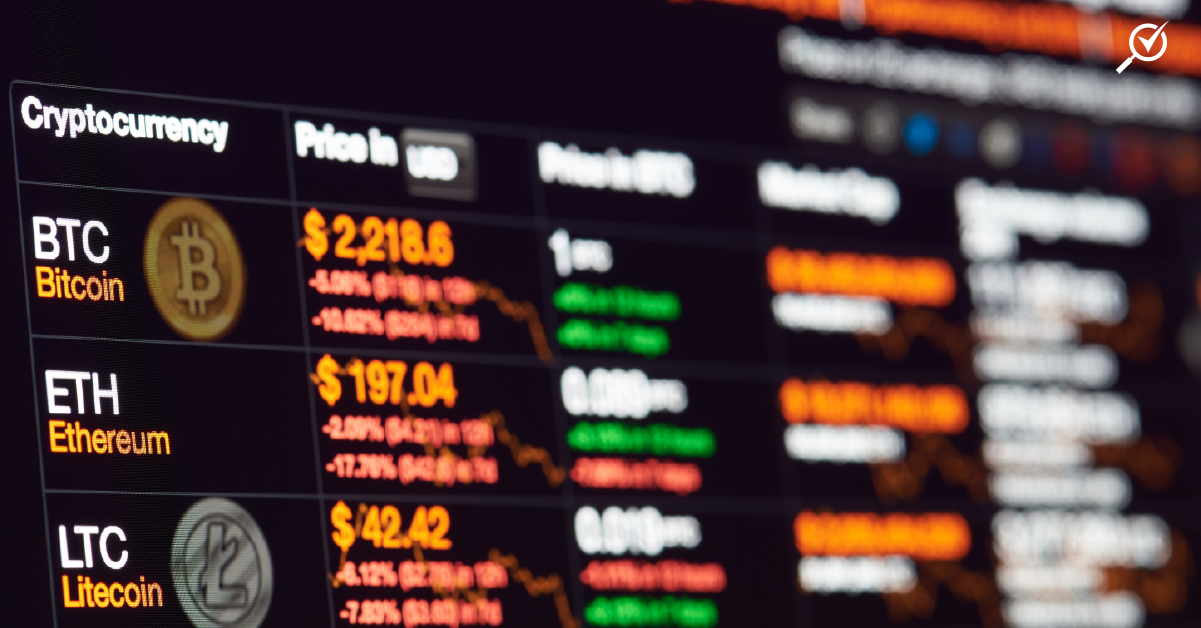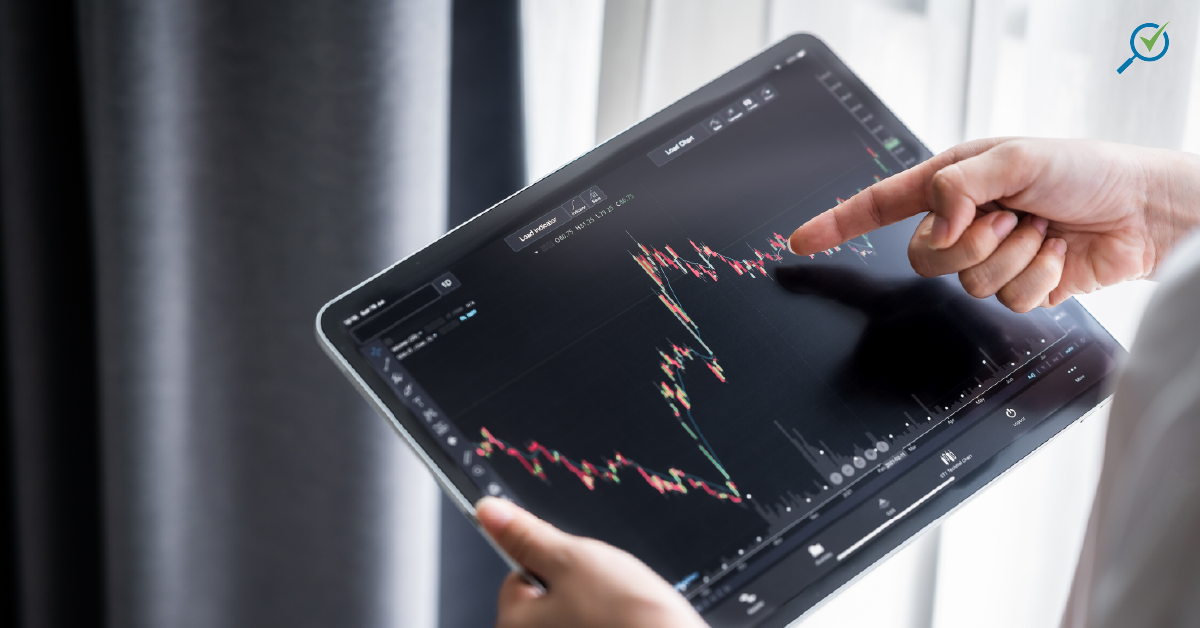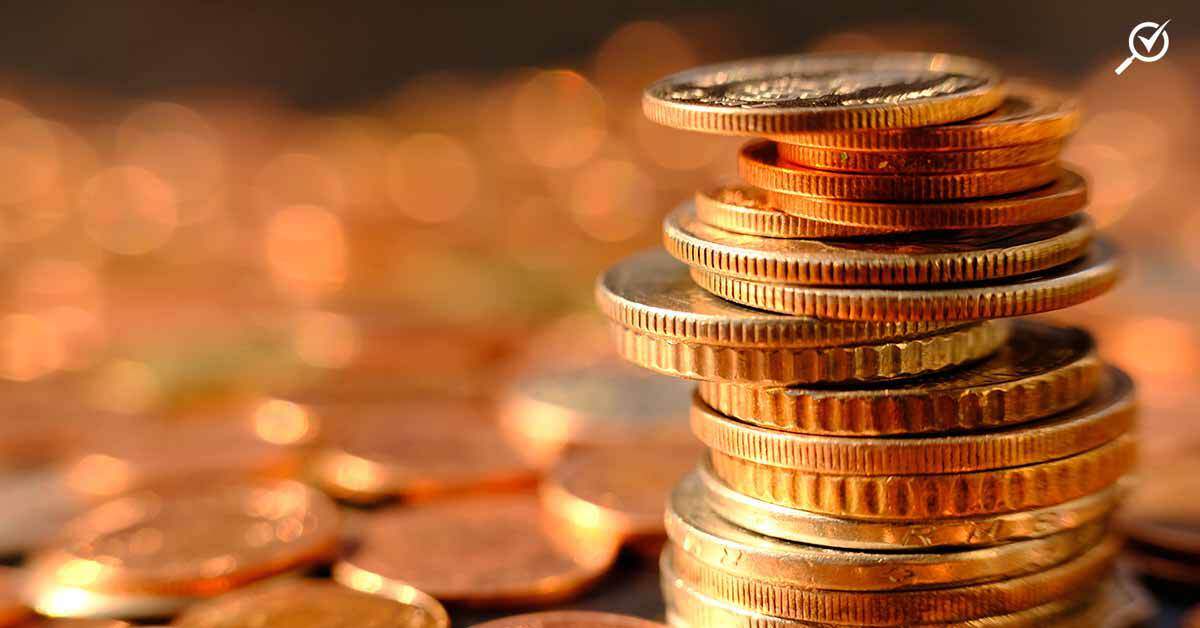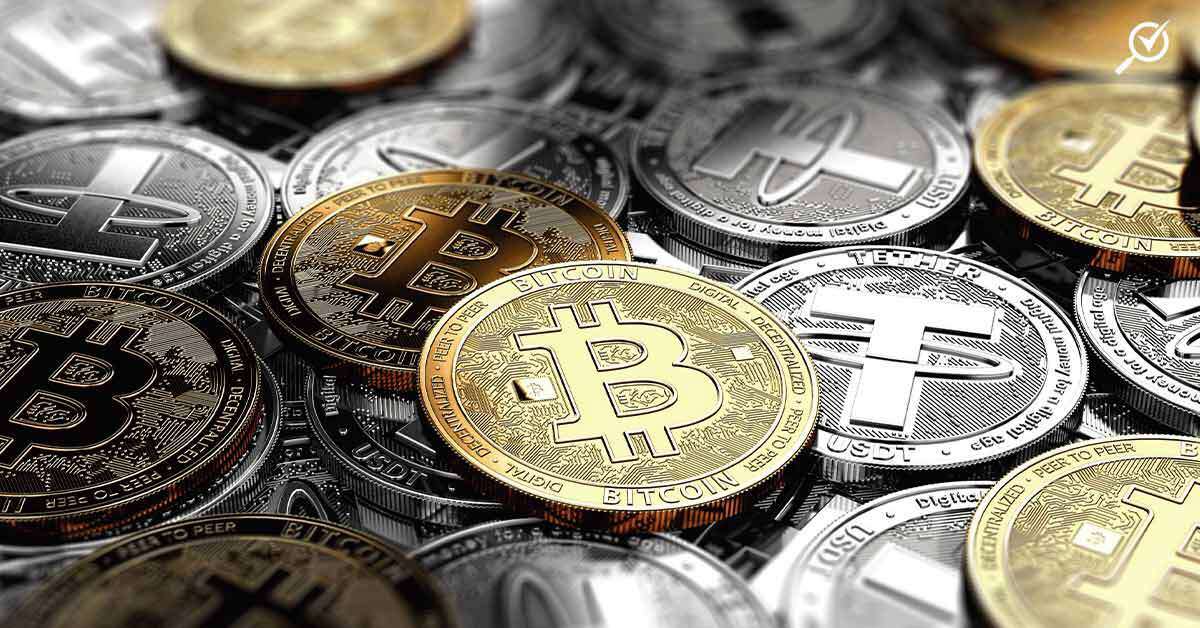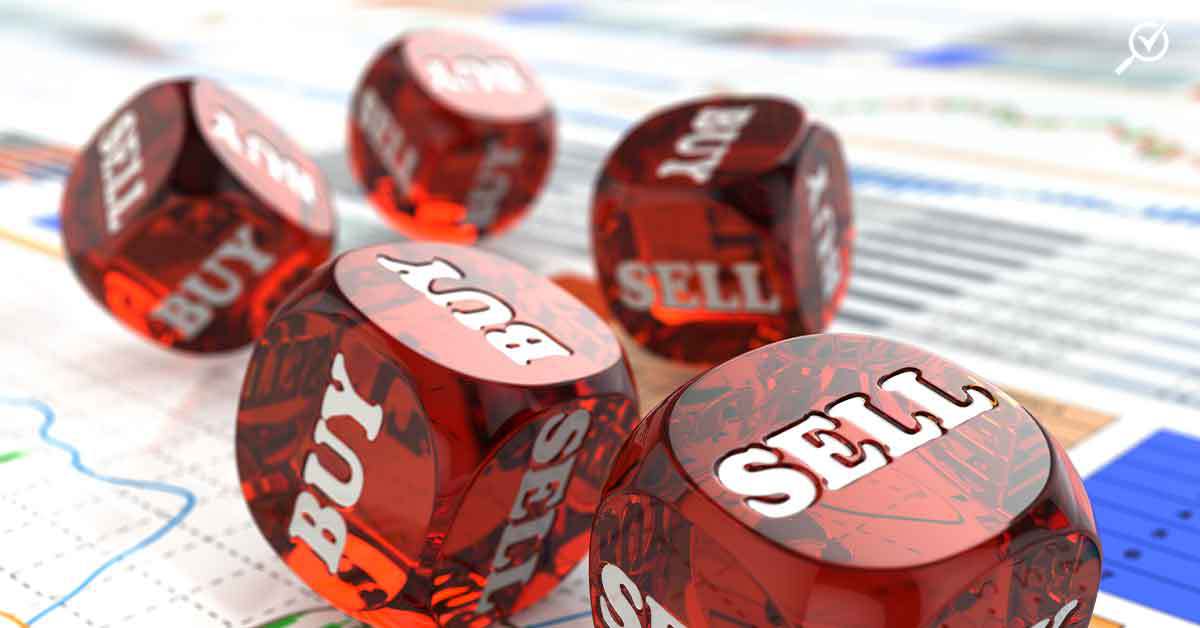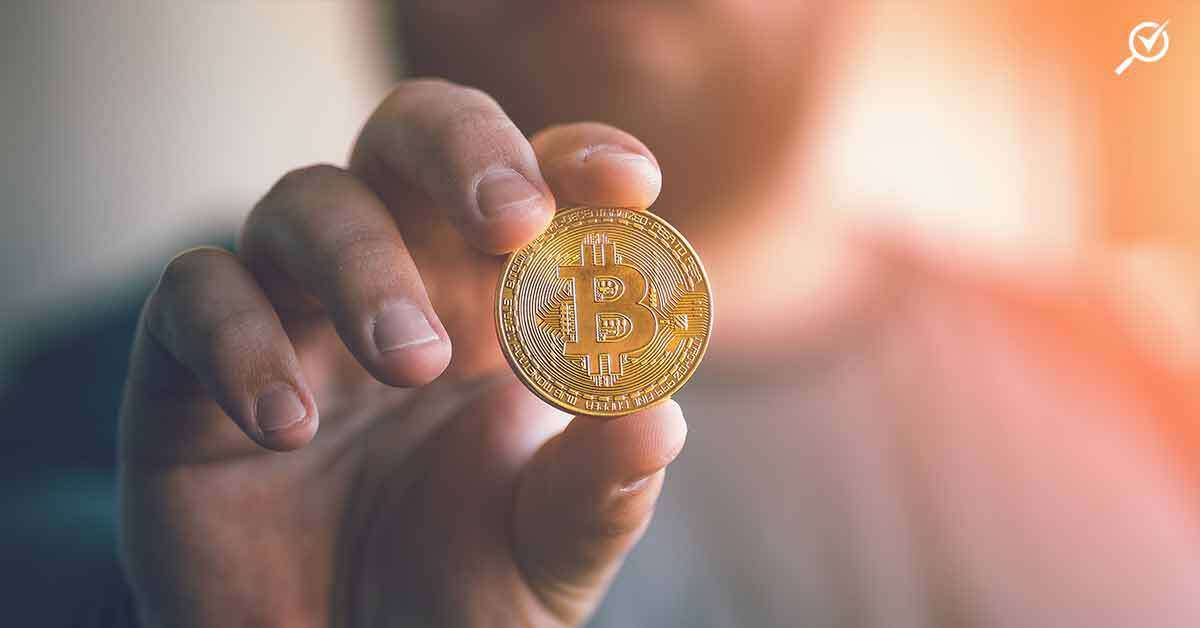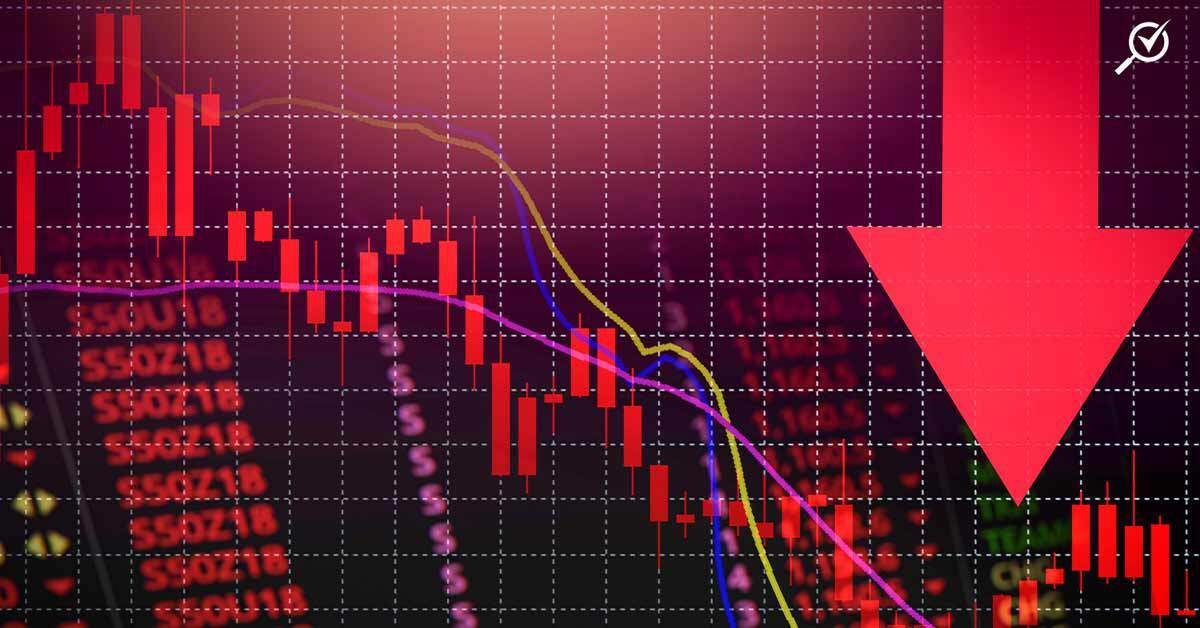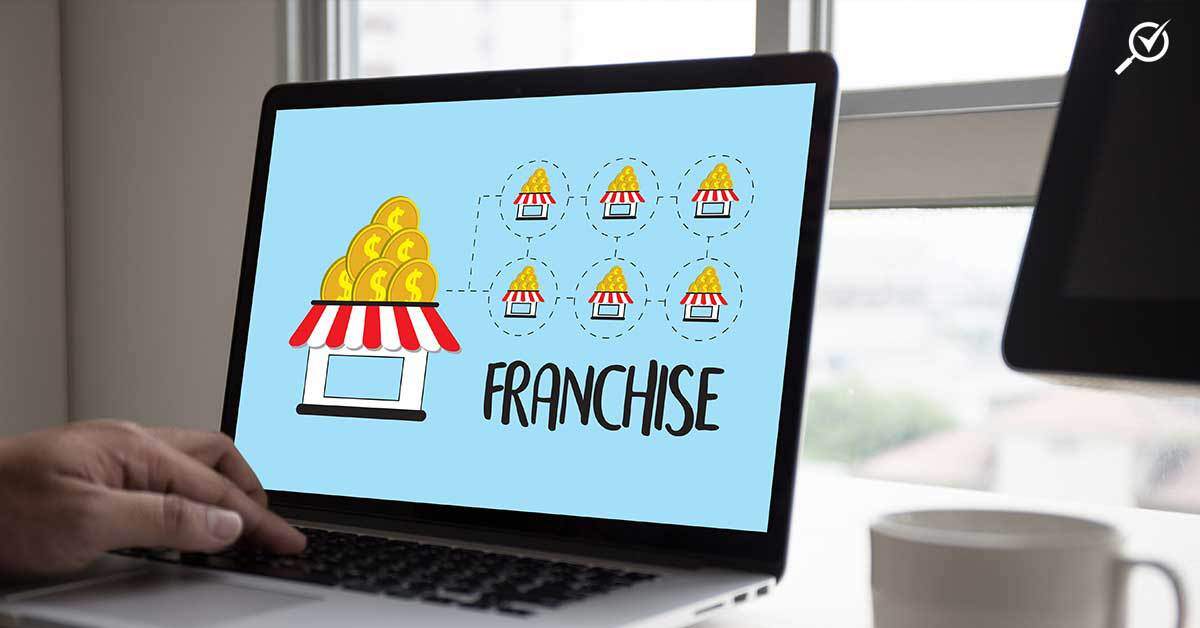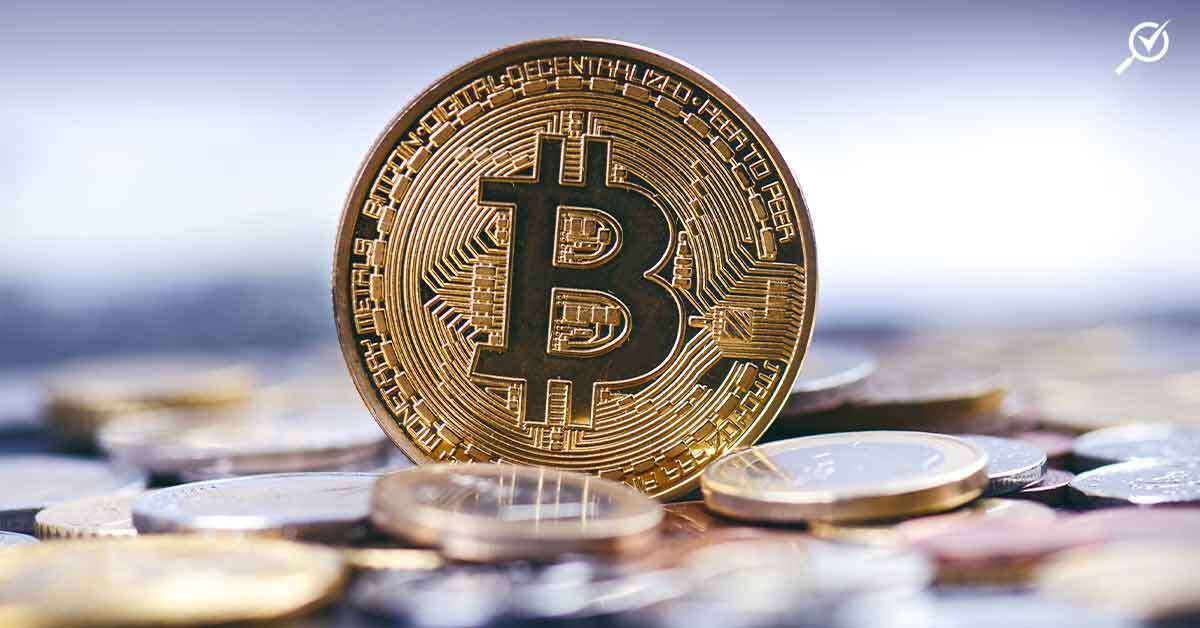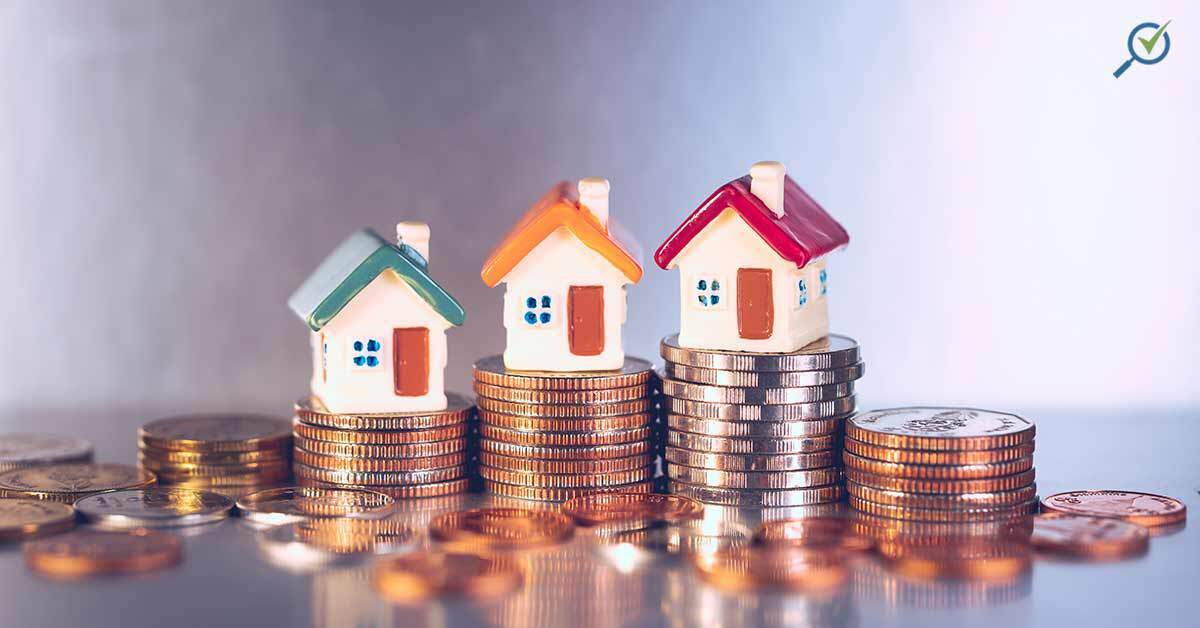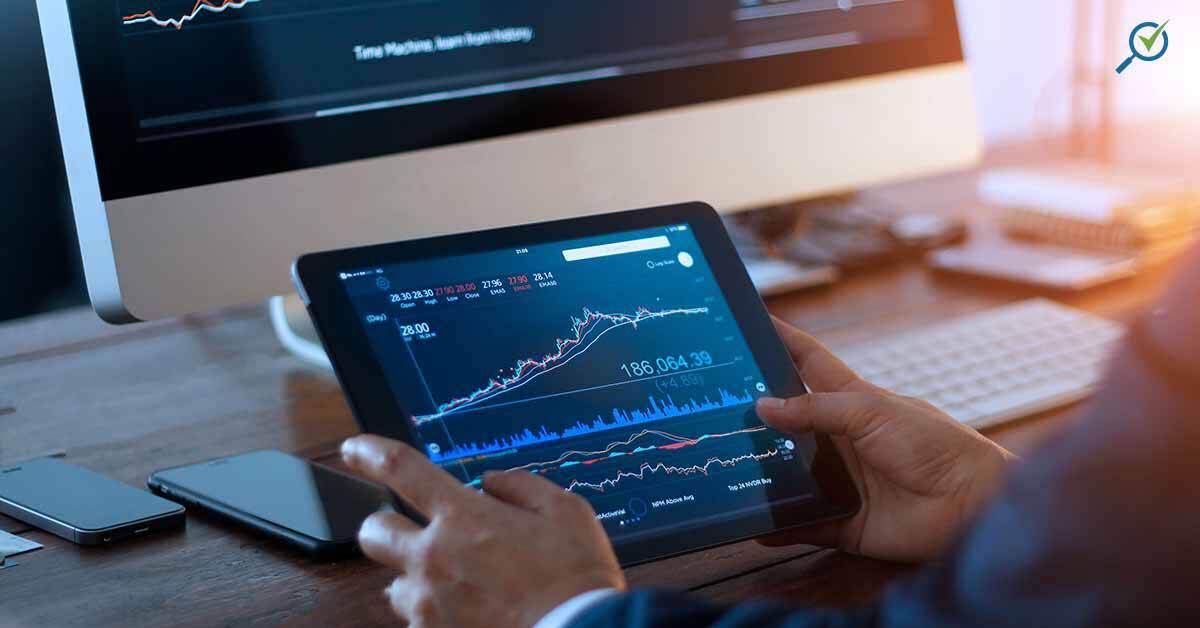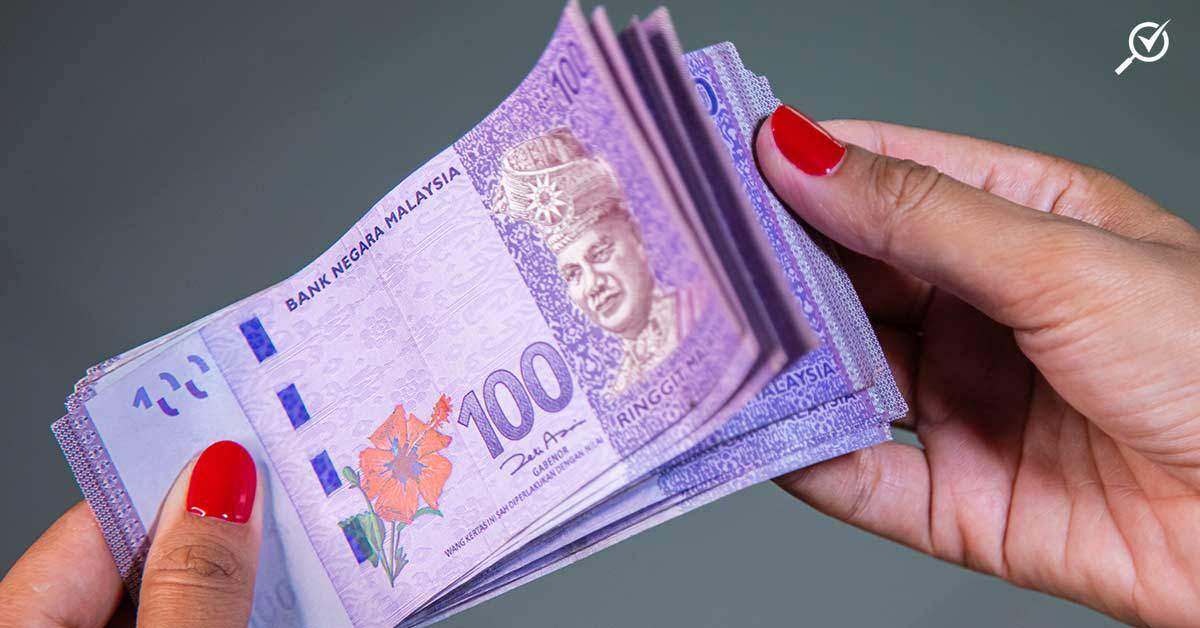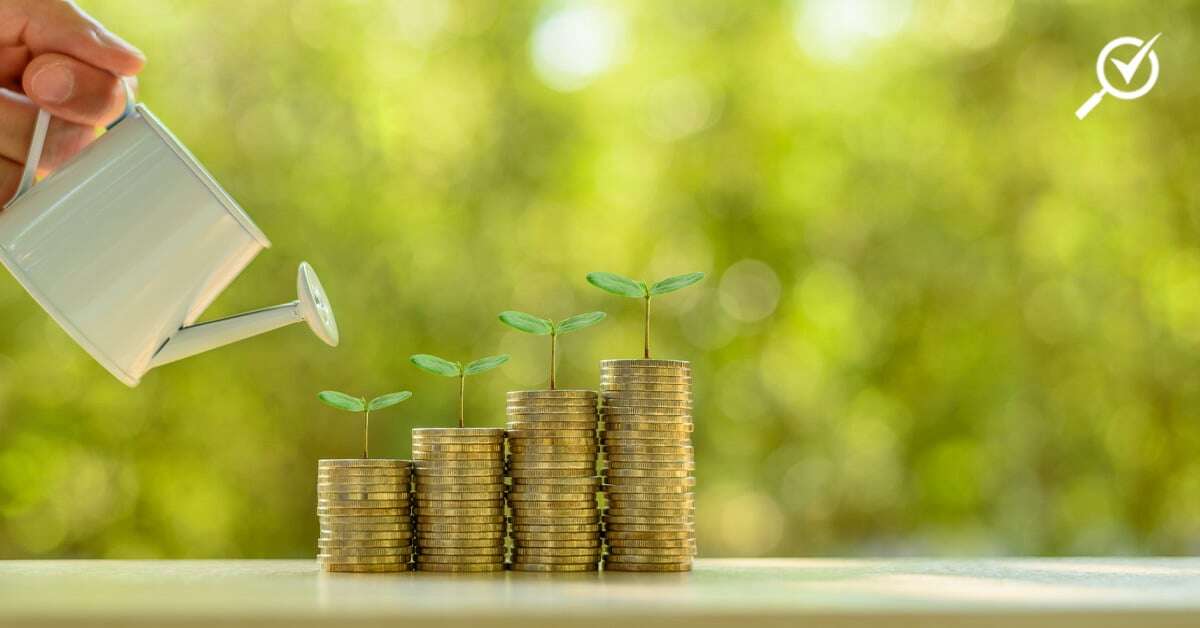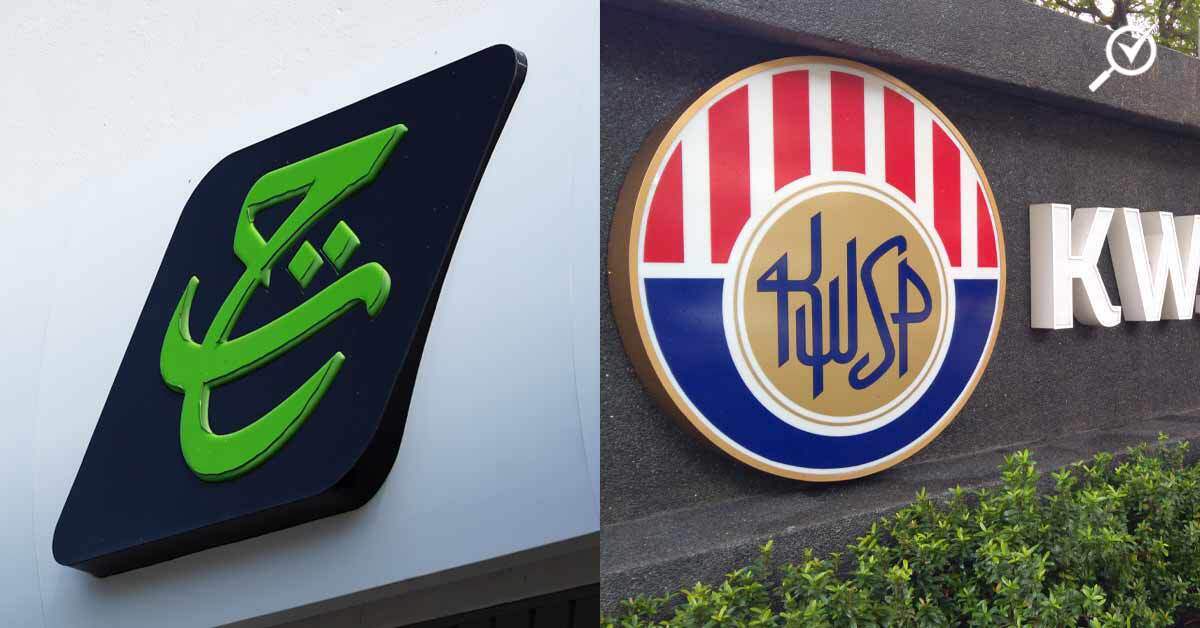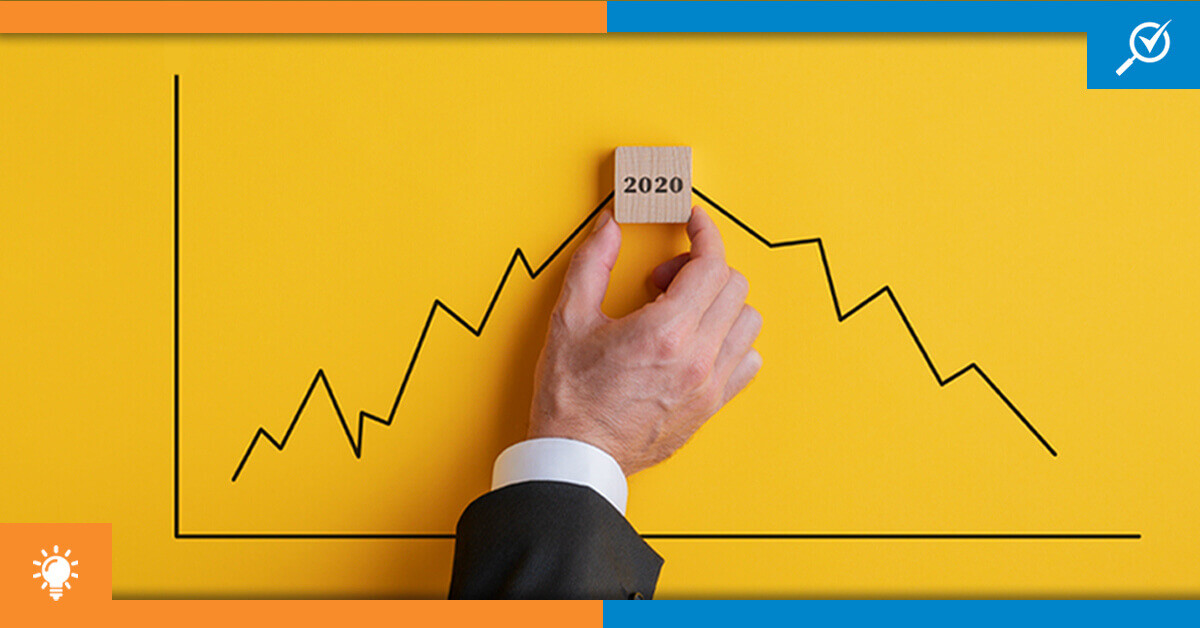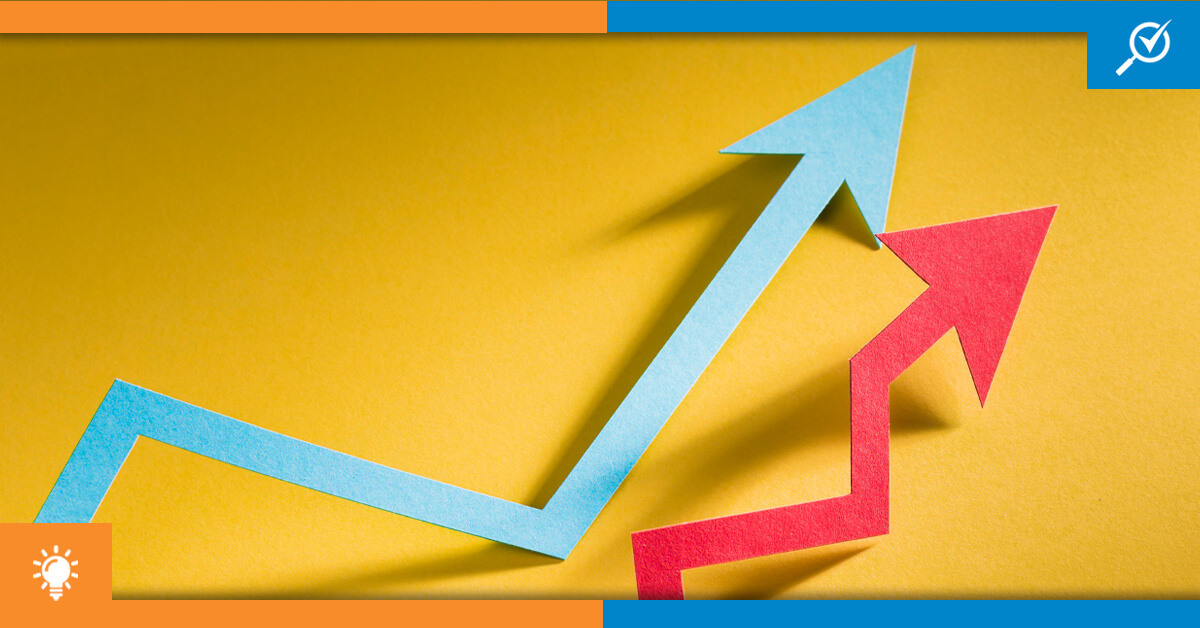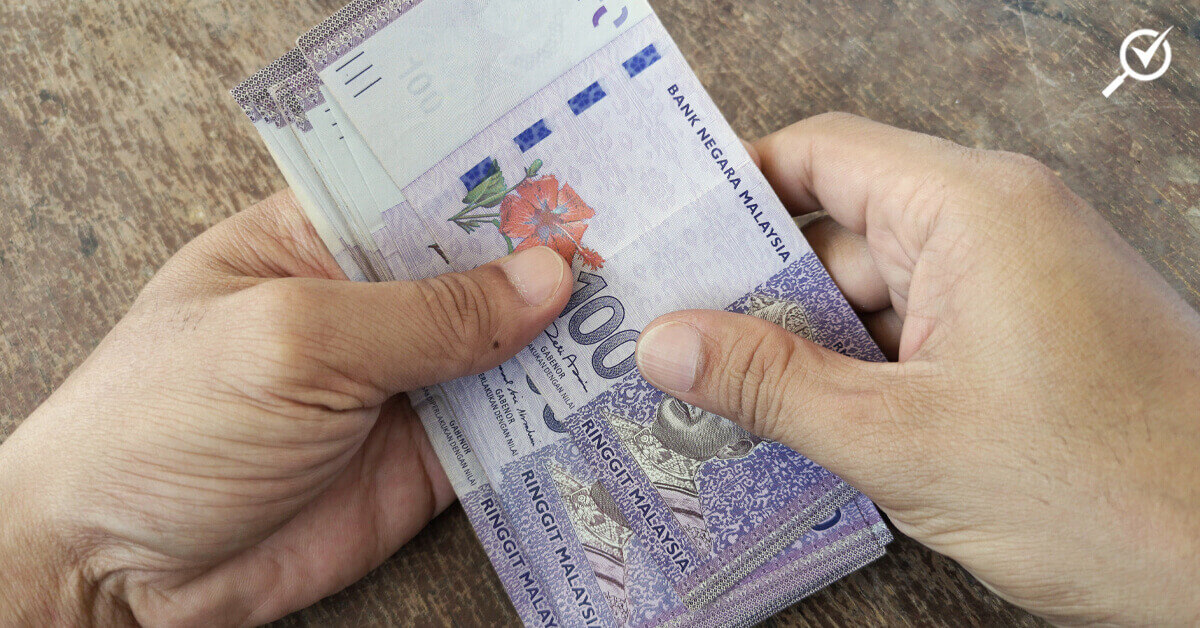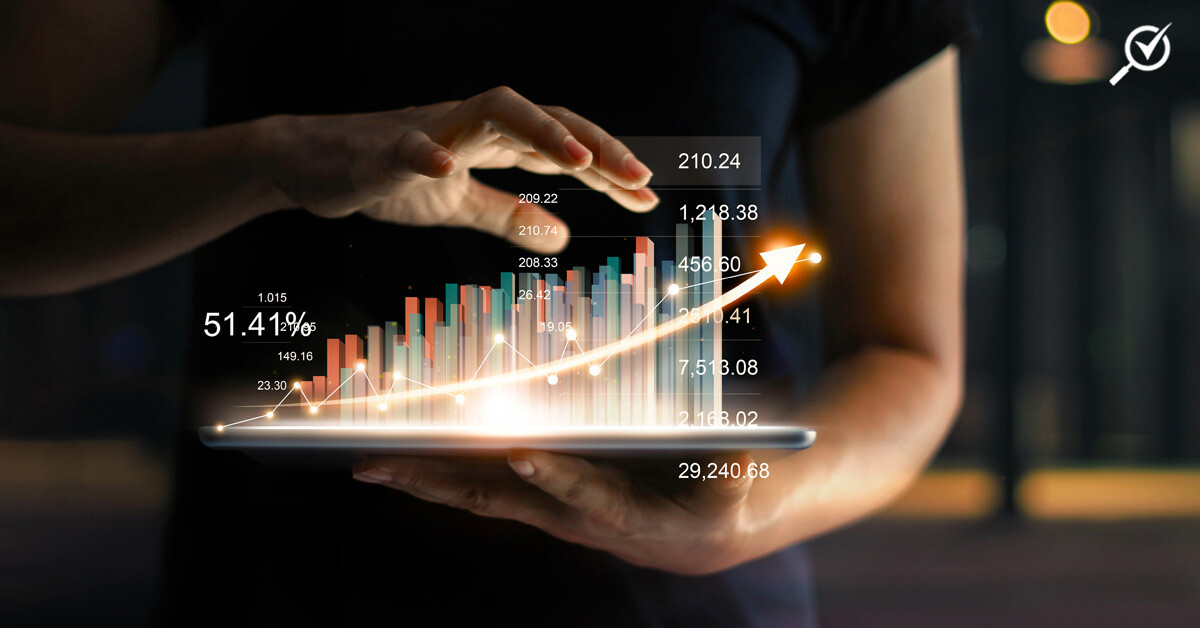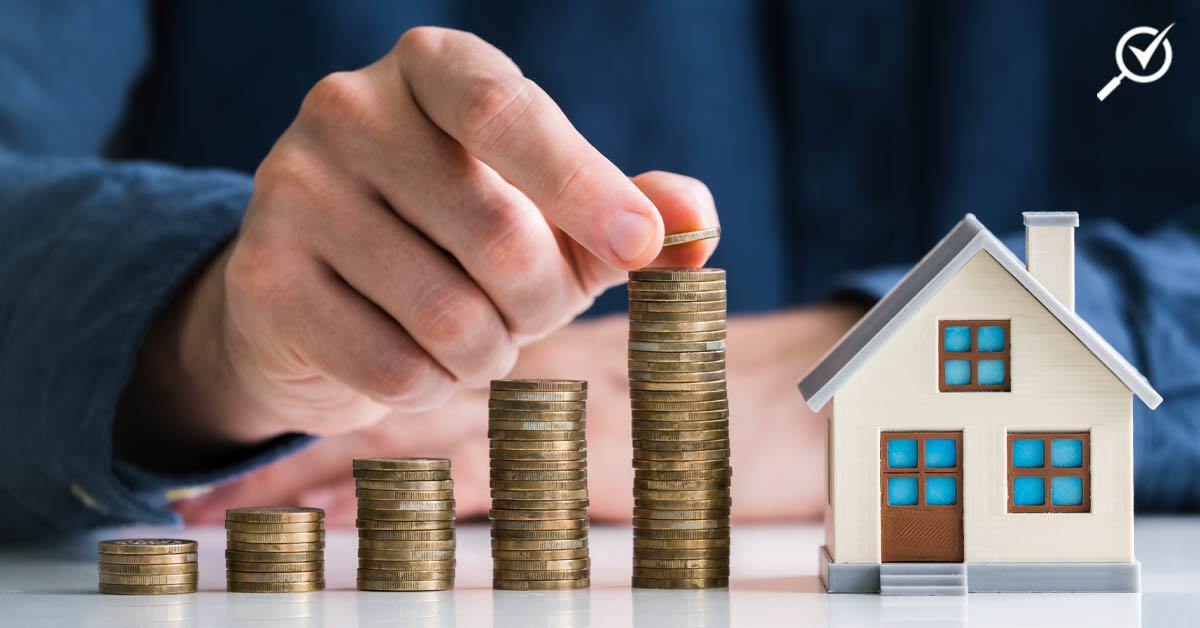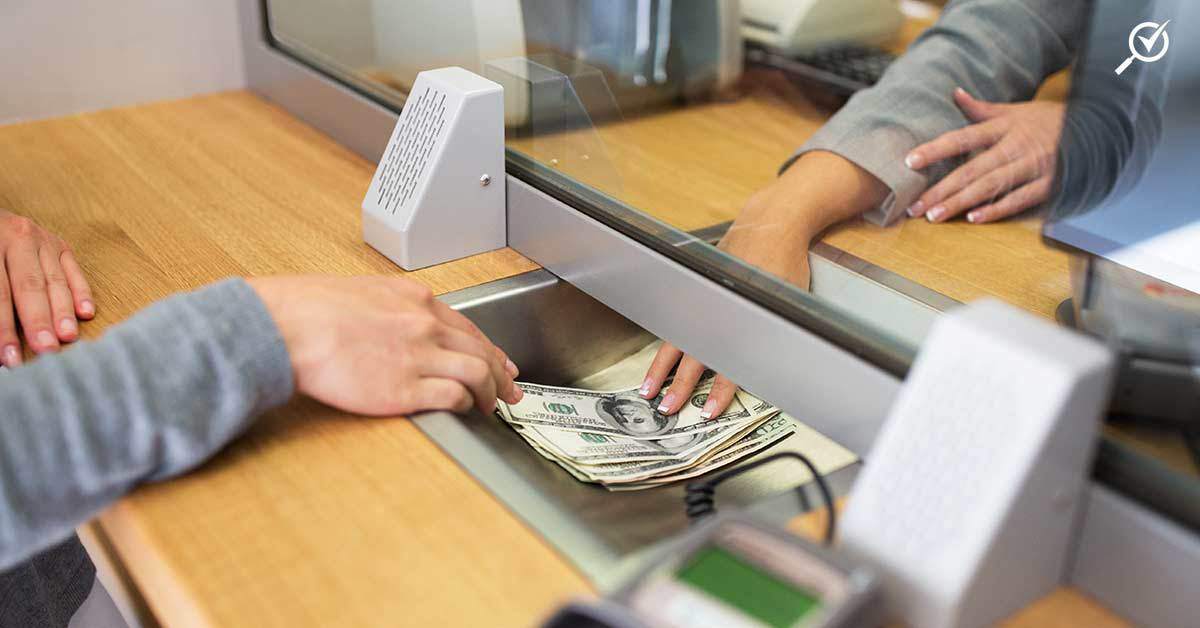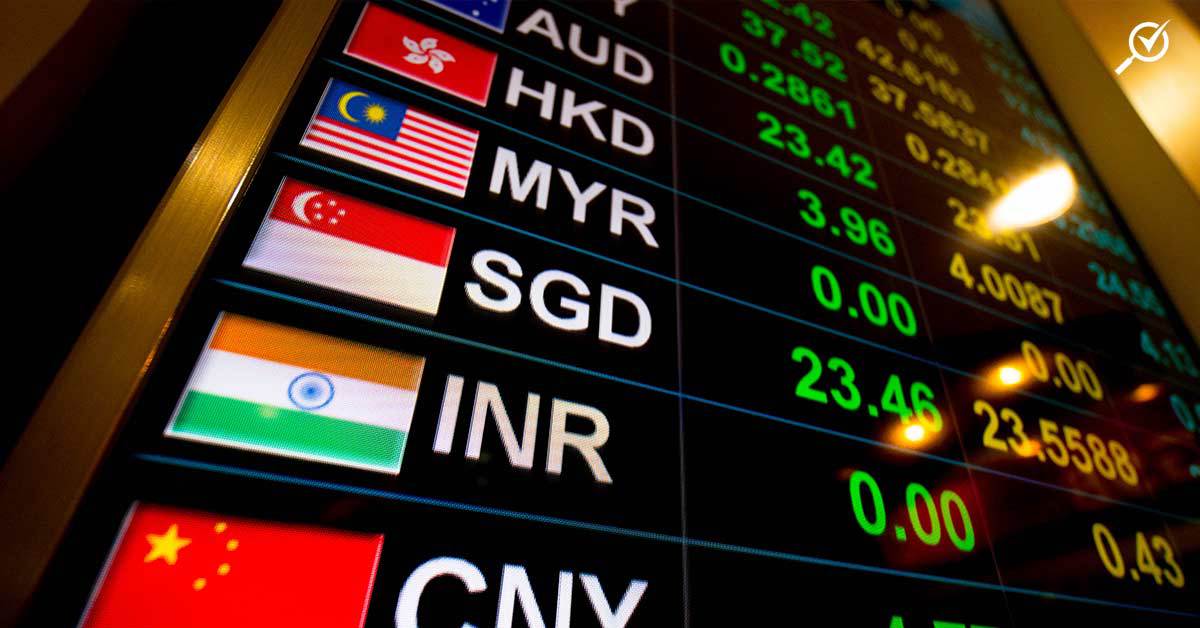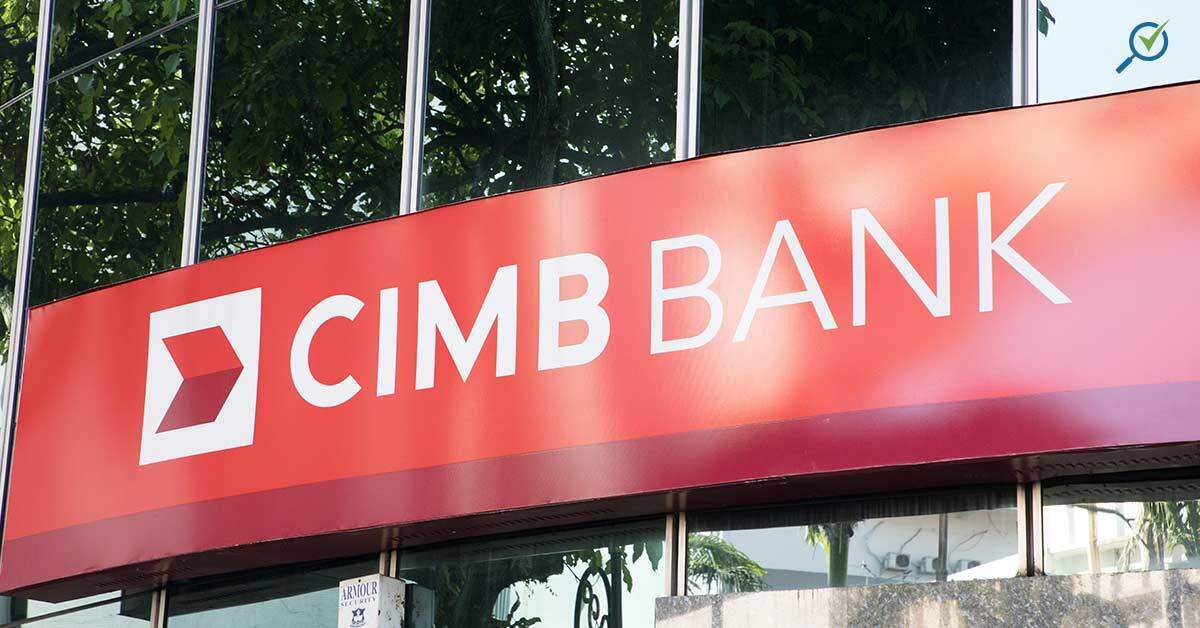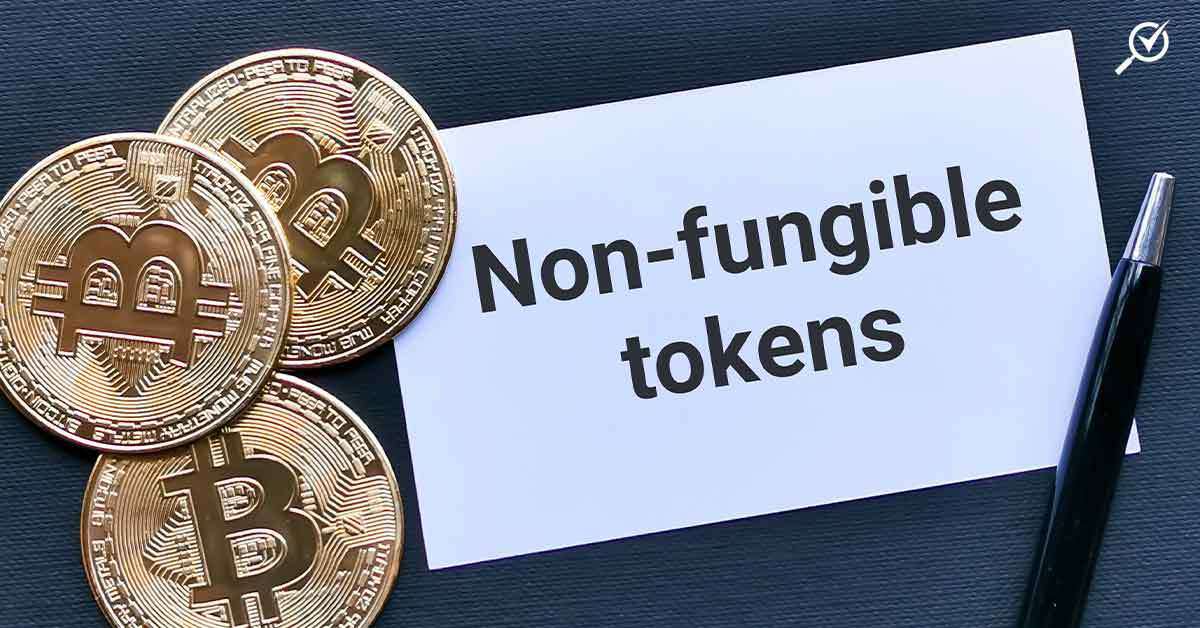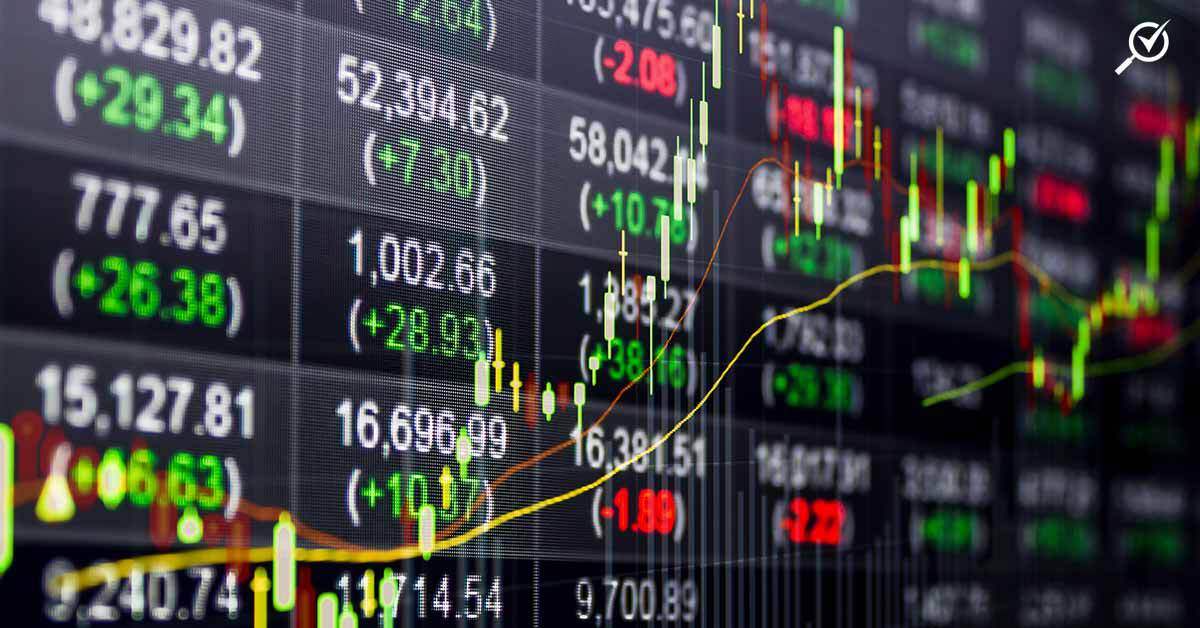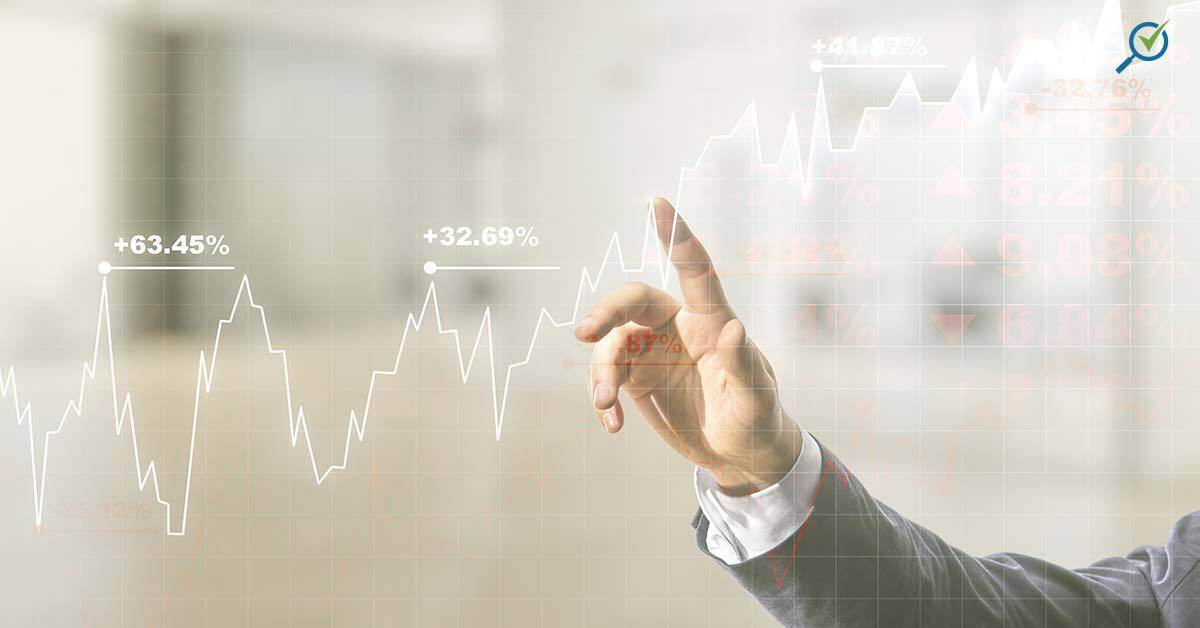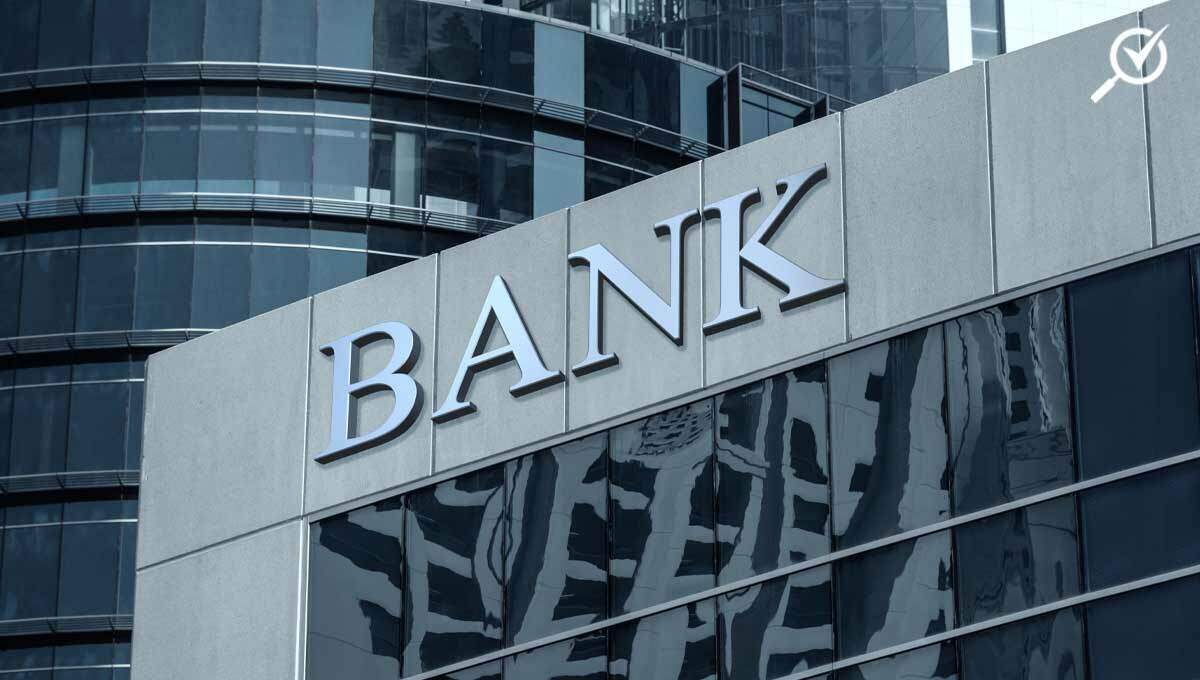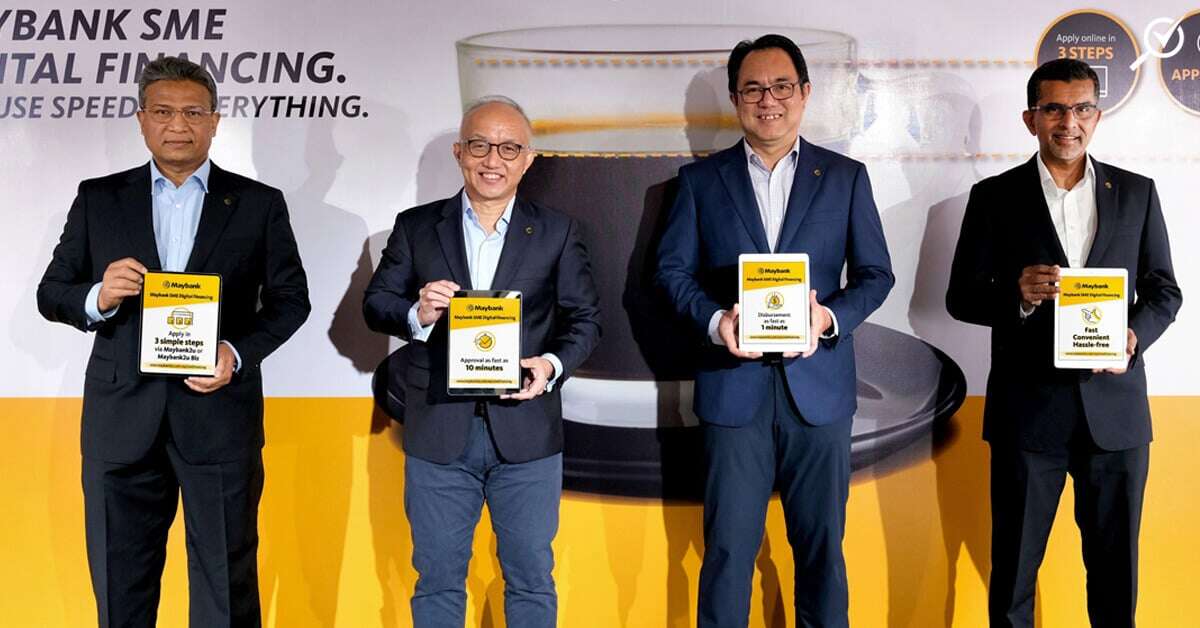Investment
Strategic Insights And Smart Choices For Optimal Investment Returns
Popular articles
All articles
Moomoo: The Malaysian All-in-One Investment Super App
Last updated
Feb 28, 2024
HSBC Everyday Global Account Offers Interest Rates Up To 4.38% p.a.
Last updated
Dec 9, 2022
Invest From As Low As RM10 With GoInvest Using Touch ‘n Go eWallet
Last updated
Aug 19, 2022
Invest From As Low As RM10 With GoInvest Using Your Touch ‘n Go eWallet
Last updated
Aug 19, 2022
5 steps to starting a business in Malaysia (2022 Guide)
Last updated
Jul 29, 2022
Fixed Deposit Alternatives In Msia That You Didn't Know About
Last updated
Jul 8, 2022
How to get into investing in REIT
Last updated
Jun 10, 2022
Applications for RM48.52 million micro financing programme now open to small business owners
Last updated
Mar 23, 2022
50 Crypto Jargons and What They Mean
Last updated
Mar 7, 2022
How To Protect Your Cryptocurrency From Theft
Last updated
Mar 2, 2022
6 Types of Liquid Investments That Are Best For You
Last updated
Feb 28, 2022
A Crash Course on Cryptocurrency - Everything You Need to Know
Last updated
Feb 22, 2022
Stock Exchange: What Is It & How Does It Work
Last updated
Feb 18, 2022
Best Tips To Protect Your Investments
Last updated
Feb 17, 2022
4 Popular Platforms For Trading in Malaysia
Last updated
Feb 15, 2022
Budget 2022: What's In It For SMEs, Startups, E-Commerce?
Last updated
Feb 9, 2022
5 Places You Can Invest In Cryptocurrency In Malaysia
Last updated
Jan 3, 2022
CIMB Business Current Account-i—A Complete Banking Account For Malaysian Businesses
Last updated
Nov 17, 2021
Gold as an Investment: Is It Still Worth It?
Last updated
Nov 10, 2021
If Someone Pays You In Cryptocurrencies, Should You Accept it?
Last updated
Nov 10, 2021
#DearGenZ: Here Are 7 Dummy-Proof Ways You Can Start Investing Your Money
Last updated
Nov 10, 2021
#InvestInsights: Should You Invest In Cryptocurrencies Post COVID-19? Experts Weigh In
Last updated
Nov 10, 2021
#InvestInsights: Should You Invest Via Robo Advisors In Today’s COVID-19 World?
Last updated
Nov 10, 2021
5 Simple Steps To Investing In Stock Market
Last updated
Nov 10, 2021
5 Things You Should Know Before Investing In Cryptocurrency
Last updated
Nov 10, 2021
8 Things You Need To Know About A Stock Market Correction
Last updated
Nov 10, 2021
A Guide To The Private Retirement Scheme (PRS)
Last updated
Nov 10, 2021
How To Start A Franchise Business In Malaysia: A Step-By-Step Guide
Last updated
Nov 10, 2021
Is It Too Late to Invest in Cryptocurrencies?
Last updated
Nov 10, 2021
The 5-Step Guide To Rental Investing
Last updated
Nov 10, 2021
The Ultimate Guide To ETF in Malaysia: How Do they work?
Last updated
Nov 10, 2021
What Are Robo-advisors And Can You Trust Them?
Last updated
Nov 10, 2021
Beginner's Guide To Stock Investment In Malaysia
Last updated
Nov 10, 2021
CIMB Is Introducing A New Term Investment Account That's Perfect For SMEs In Malaysia!
Last updated
Nov 10, 2021
Here's How Millennials Can Start Investing From As Low As RM100
Last updated
Nov 10, 2021
5 Tips for P2P Investing: Best Practices in 2018
Last updated
Nov 9, 2021
7 Investment Lessons You Should Learn From Successful Investors
Last updated
Nov 9, 2021
Derivatives 101 in Malaysia
Last updated
Nov 9, 2021
Dividend And Profit Announced For Both EPF And Tabung Haji Amid Economic Gloom
Last updated
Nov 9, 2021
How Crowdfunding Works
Last updated
Nov 9, 2021
How To Make A Million Ringgit With Compound Interest
Last updated
Nov 9, 2021
How To Make More Money With P2P In 2018
Last updated
Nov 9, 2021
How to Use the Price-to-earnings Ratio
Last updated
Nov 9, 2021
Should I Invest in Bitcoin and Will I Make Money? [UPDATED]
Last updated
Nov 9, 2021
The Different Types of Investors in Malaysia
Last updated
Nov 9, 2021
#InvestInsights: Should You Start Investing During A Recession? An Expert Weighs In
Last updated
Nov 9, 2021
#InvestInsights: What Should You Invest in During a Recession? An Expert Weighs In.
Last updated
Nov 9, 2021
Amanah Saham Bumiputera 2: Investment For Gen-Y In Malaysia?
Last updated
Nov 9, 2021
Bursa Investing Series 1: How To Choose A Stock
Last updated
Nov 9, 2021
Chatime vs. Tealive: Clash of the Bubble Tea Franchises
Last updated
Nov 9, 2021
Cryptocurrency Explained! A Definitive Guide For Malaysians
Last updated
Nov 9, 2021
Find The Best Fixed Deposit (FD) Interest Rates In Malaysia
Last updated
Nov 9, 2021
FundSupermart.com Shares Insights For DIY Unit Trust Investments
Last updated
Nov 9, 2021
Here Are 7 Smart Ways To Invest And Grow RM10,000
Last updated
Nov 9, 2021
How Much Can You Earn By Selling Ramly Burgers?
Last updated
Nov 9, 2021
Investing for Dividends in Malaysia
Last updated
Nov 9, 2021
Is Buying Gold Jewellery An Investment?
Last updated
Nov 9, 2021
Understand the Risks of P2P Lending Before You Invest
Last updated
Nov 9, 2021
Waqf As A Socially Responsible Instrument: Is It For You?
Last updated
Nov 9, 2021
What Are The Cons Of Investing In REITs In Malaysia?
Last updated
Nov 9, 2021
What is Bursa Market Place?
Last updated
Nov 9, 2021
#InvestInsights - What Are The Advantages of Investing In REITs?
Last updated
Nov 9, 2021
#InvestInsights: Gold As An Investment - Should You Invest In It During A Recession?
Last updated
Nov 9, 2021
10 Things Successful Investors Don't Do
Last updated
Nov 9, 2021
Starting A Business In Today’s COVID-19 World - Yay Or Nay?
Last updated
Nov 9, 2021
11 Things You Should Know About Your Savings Account
Last updated
Nov 2, 2021
Having Trouble Handling Foreign Exchange Payments? Apply for BizChannel@CIMB Today!
Last updated
Oct 29, 2021
Meet EVA, CIMB's Chatbot That Can Help You Find The Right Assistance For Your SME
Last updated
Oct 8, 2021
Here's How CIMB Is Helping Malaysian SMEs Become More Sustainable In The Long Run
Last updated
Oct 1, 2021
What Are Non-Fungible Tokens (NFTs) And How Do They Work?
Last updated
Sep 20, 2021
2 Financial Reliefs You Can Apply For If You Own A Micro-business in Malaysia
Last updated
Aug 12, 2021
CTOS Digital Has Debuted on Bursa Malaysia with a 60% Increase In IPO
Last updated
Jul 19, 2021
CIMB Launches RM100 million in SME Financing for Renewable Energy Technology
Last updated
Jun 28, 2021
CIMB's Complete Suite of SME Solutions
Last updated
Jun 28, 2021
Top 5 Common Mistakes New Business Owners Make
Last updated
Jun 22, 2021
5 Practical Tips For Building Up Your Savings To Launch Your Small Business
Last updated
Jun 4, 2021
Pros And Cons Of Investing In A Stock Index
Last updated
Jun 3, 2021
Why Your Business Must ‘Adapt Or Die’ During COVID-19
Last updated
Jun 1, 2021
Can SMEs Survive The COVID-19 Economic Slowdown?
Last updated
May 3, 2021
Digitalisation: Unlocking The Potential Of SMEs In Malaysia
Last updated
Apr 30, 2021
Top 5 Ranking Banks In Malaysia To Invest For A Profit
Last updated
Apr 5, 2021
How COVID-19 Is Accelerating Digital Transformation for SMEs
Last updated
Feb 25, 2021
#CHSupportsLokal - How Social Media Can Benefit Small Businesses (SMEs) - Here Are 6 Ways
Last updated
Dec 21, 2020
Best Small Business Opportunities in 2021
Last updated
Dec 18, 2020
Permodalan Nasional Berhad Officially Launches Minggu Saham Digital
Last updated
Nov 19, 2020
Find Out How Cloud-Based HR Softwares Can Ease Your Business’ Way Of Working
Last updated
Oct 21, 2020
Maybank Launches Digital SME Financing Platform With 10-minute Approval Time
Last updated
Sep 23, 2020
[#CHMalaysiaku] Malaysia Day Promos: 7 Wholesome Malaysian Businesses You'd Want To Support
Last updated
Sep 23, 2020
The Best Junior Savings Account
Last updated
Aug 13, 2020
Top Tips To Manage Your SME's Finances During This Pandemic
Last updated
Aug 4, 2020
Coworking Spaces In A COVID-19 World: Is It Right For You And Your Business?
Last updated
Jun 26, 2020
(UPDATED) COVID-19: Assistance and Special Relief Facility (SRF COVID-19) For Malaysia SMEs
Last updated
Jun 15, 2020
SME Landscape of Malaysia
Last updated
Feb 12, 2020
Propelling Entrepreneurs and SMEs into the Digital World
Last updated
Feb 11, 2020
Budget2020: Over RM1 Billion Boost for SMEs and Entrepreneurs
Last updated
Jan 16, 2020
The 10 Most Famous Malaysian Franchises
Last updated
Aug 29, 2019
High Interest Rates Savings Accounts From Malaysian Banks
Last updated
Aug 19, 2019
The Food Truck Scene – How to Get Involved
Last updated
Mar 27, 2019
7 Businesses That Failed in Malaysia
Last updated
Mar 25, 2019
What is Franchising?
Last updated
Mar 21, 2019

Our Mission
We'll help you make your next financial move the right one.



.png)
.png)



